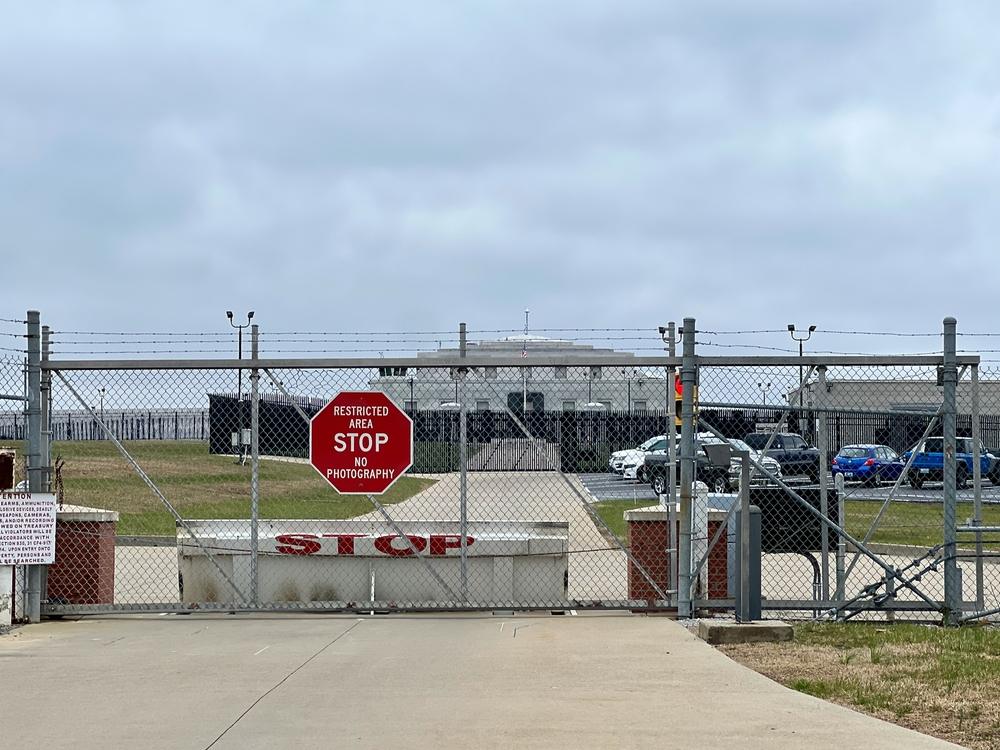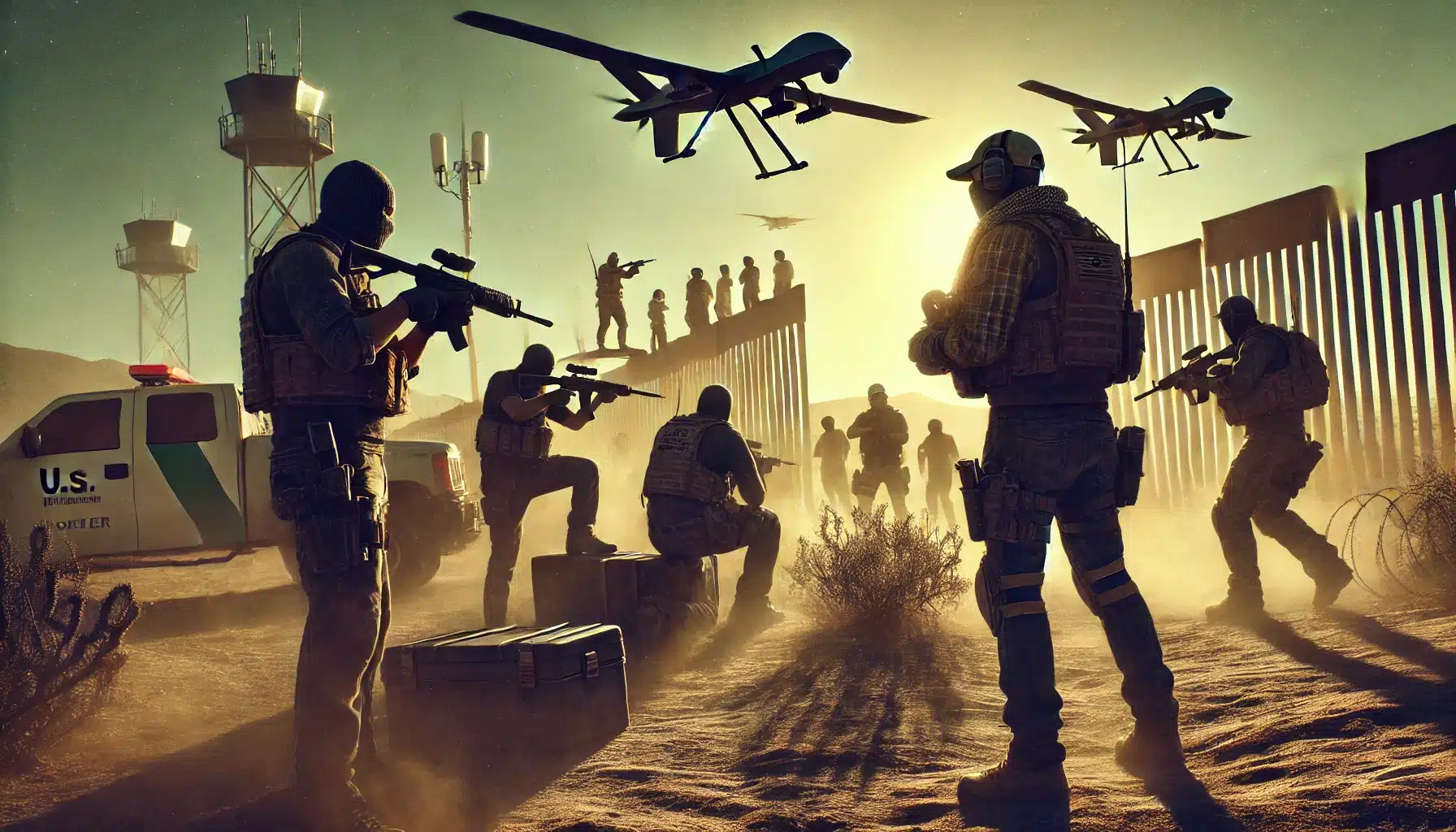A major computer outage crippled Delta Monday, cancelling hundreds of flights and impacting hundreds of thousands of passengers – and the lessons learned don’t affect just air travelers.
“A power outage in Atlanta, which began at approximately 2:30 a.m. ET, has impacted Delta computer systems and operations worldwide, resulting in flight delays,” a Delta Tweet read.
Planes were grounded at least six hours, and the problem had a cascading effect. Delta operates about 15,000 flights a day.
Georgia Power told CNN there was a “failure overnight in a piece of equipment known as switchgear” that impacted only Delta.
Discover The Secrets Of The Word’s Top Survivalists!
Here’s three things you should know:
1. It’s not just airlines. Nearly every facet of modern-day life relies on computers and is online, including utilities, health care and the financial realm – and all have seen computer outages in the past year. Simply put, if computers go down, then our way of life grinds to a halt. And, increasingly, it is the norm.
2. It’s not the first airline to have this problem. In July, Southwest cancelled 17 flights and delayed more than 600 because of a computer glitch. Travelers were unable to check in, buy tickets and check flight status at Southwest, CBS An earlier outage in October 2015 caused 800 Southwest flights to be delayed and employees to write tickets by hand.
3. ISIS has promised cyberattacks. Although the Delta and Southwest problems may have been just computer bugs, ISIS has pledged to venture into cyberwarfare.
ISIS supporters and sympathizers have been discussing the horrifying idea of taking over airliners by hacking and crashing them, Politico reported. Modern aircraft rely on GPS and auto pilot.
The average airline pilot spends just seven minutes manually flying a Boeing 777 during a typical flight, survey data uncovered by The New York Times indicates. Pilots spent just three and a half minutes flying European-made Airbus airliners, according to the same survey.
Also, ISIS hackers are targeting critical infrastructure in the United States, FBI Director James Comey said in May.
“I see them already starting to explore things that are concerning, critical infrastructure, things like that,” Comey said of ISIS. “The logic of it tells me it’s coming, and so of course I’m worried about it.”
Britain’s Chancellor of the Exchequer (Treasury Secretary) George Osborne also predicted that ISIS is trying to wage cyberwarfare against the financial system and the power grid.
ISIS is ramping up its terror attacks because the organization is losing its ground war in the Middle East, CIA Director John Brennan told the Senate Intelligence Committee in June.
What is your reaction? Share your thoughts in the section below:











